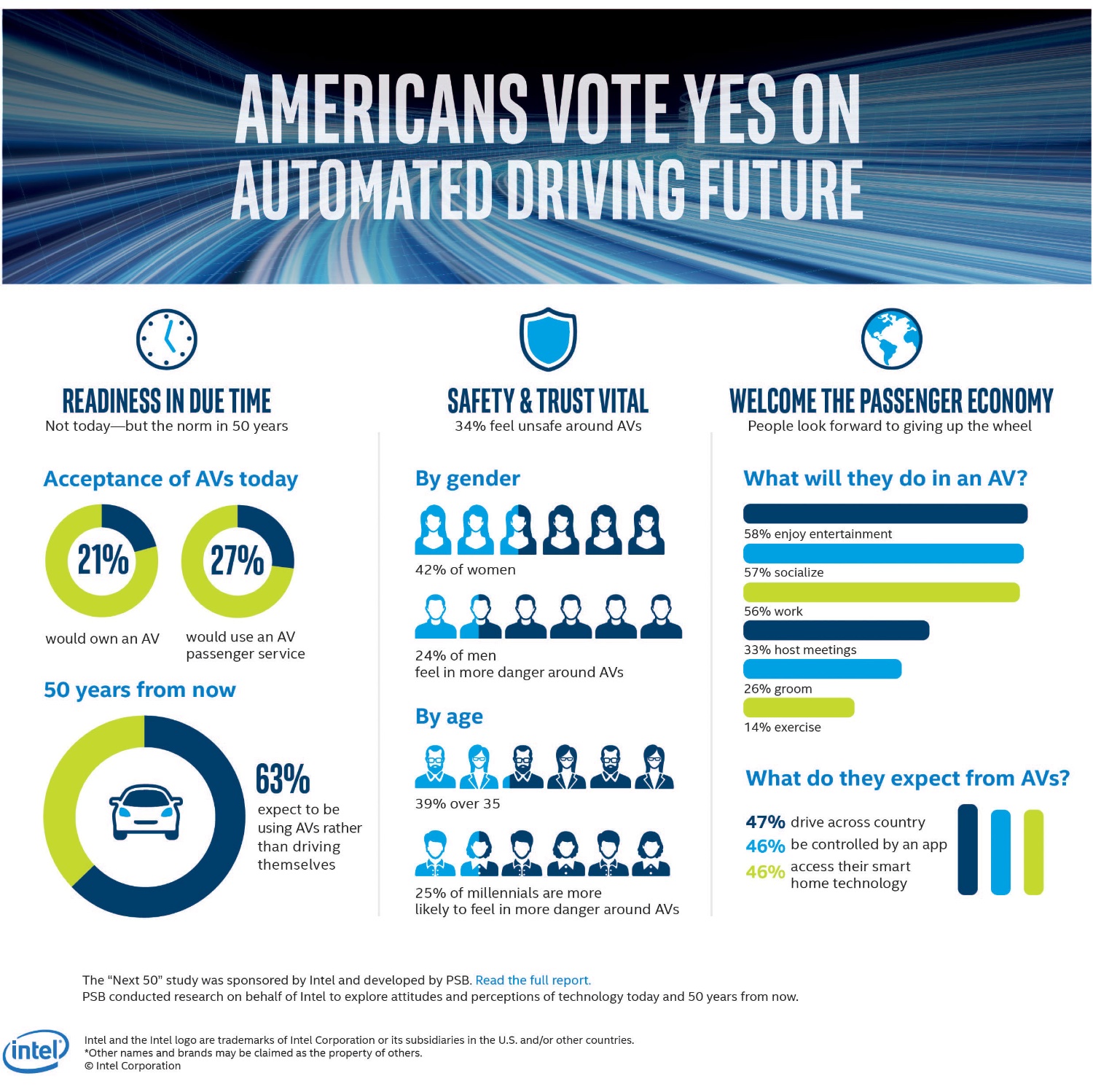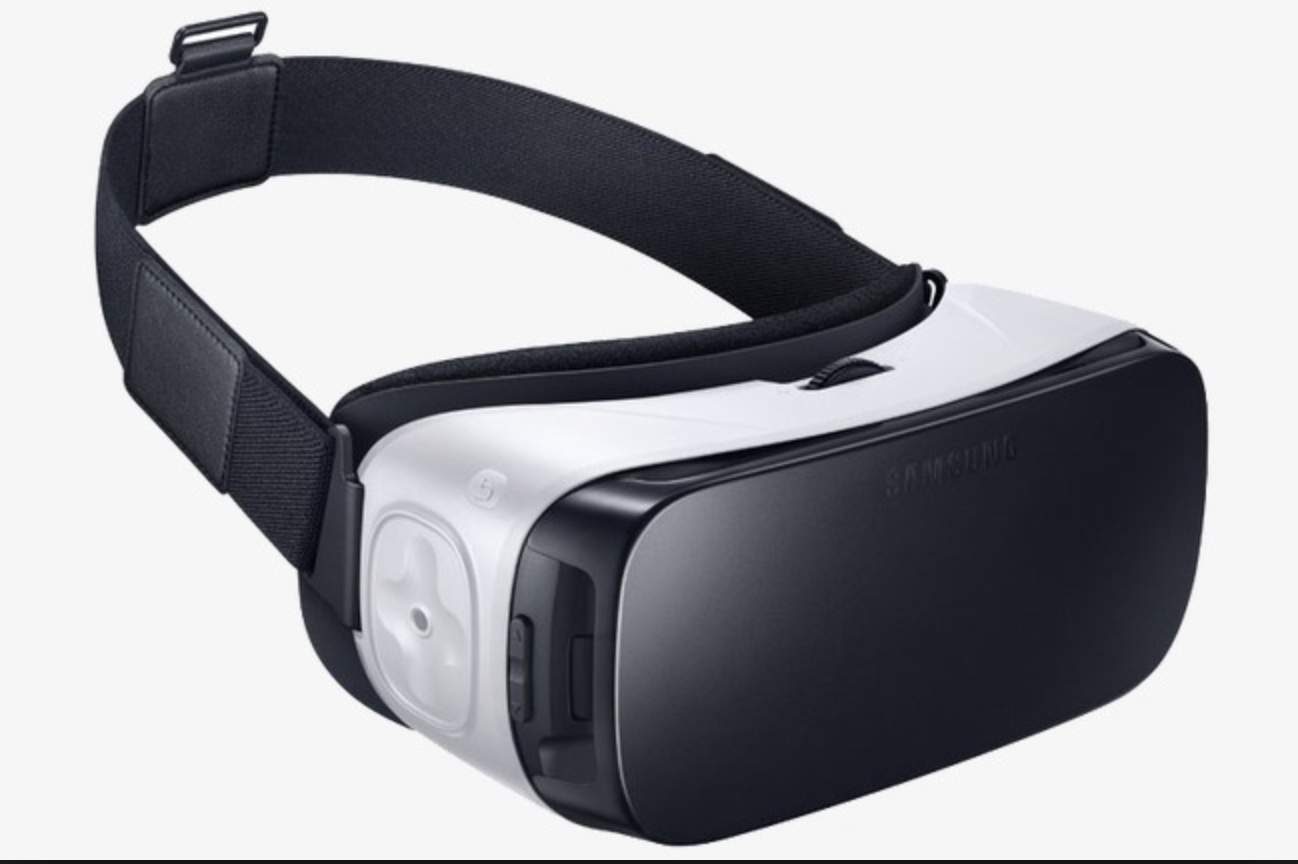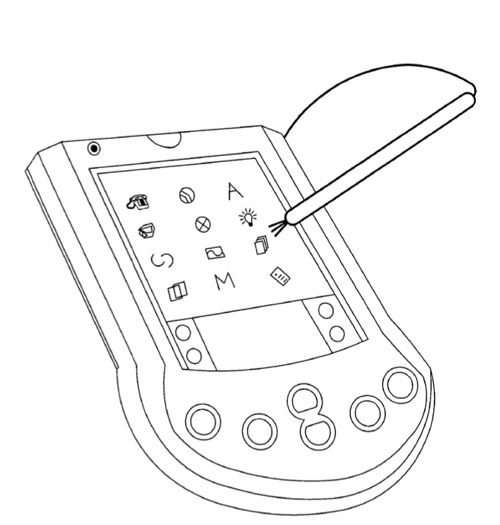A new Intel study finds consumers look forward to a self-driving car future even while harboring fears and uncertainty now.
The survey of U.S. consumers found that only 21% of Americans would swap their cars for self-driving cars today, even though 63% expect such vehicles to be the norm in 50 years. That future vision fits with an earlier study in which Intel predicted a passenger-centric future worth $7 trillion by 2050.
Intel’s 2017 Passenger Economy report found that self-driving vehicles have the potential to save 585,000 lives from 2035 to 2045. But Intel’s new study found consumers conflicted about this promise. Nearly half of consumers surveyed (43%) said they don’t feel safe around autonomous vehicles (AV) – with women more fearful than men. At the same time, more than half of consumers look forward to the day when they won’t have to drive and expect to be using their car time for entertainment or work within 50 years.
The U.S. Department of Transportation estimates that autonomous vehicles could reduce traffic fatalities by 94% by eliminating accidents due to human error. This is a future Intel is working hard to deliver. To be successful, the company believes it must connect the dots between today’s automated driving assist technologies and tomorrow’s full autonomy.





